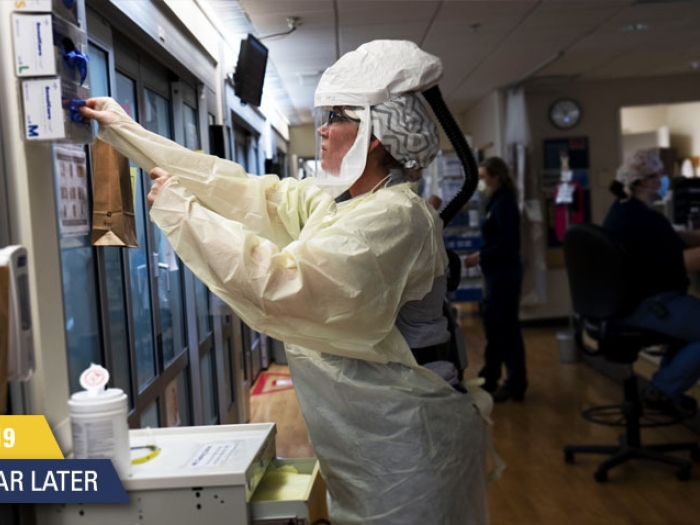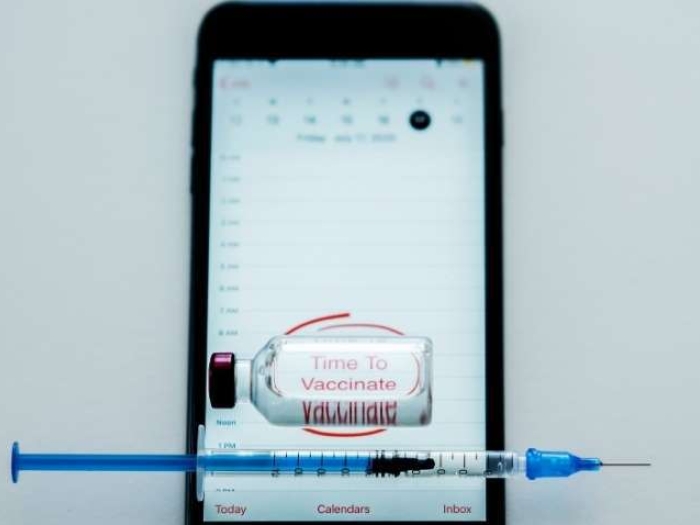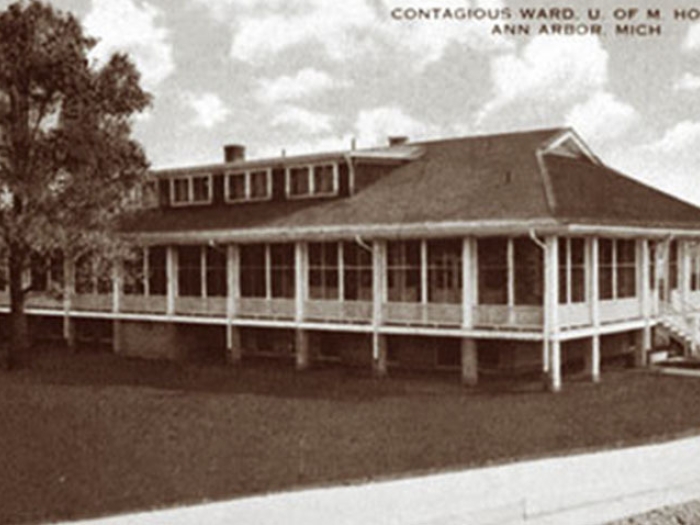Although the ethical allocation of scarce resources during a public health emergency are guidelines this internist developed, she hopes to never see them used.
8:56 AM
Author |

Editor's note: Information on the COVID-19 crisis is constantly changing. For the latest numbers and updates, keep checking the CDC's website. For the most up-to-date information from Michigan Medicine, visit the hospital's Coronavirus (COVID-19) webpage.
Interested in a COVID-19 clinical trial? Health research is critical to ending the COVID-19 pandemic. Our researchers are hard at work to find vaccines and other ways to potentially prevent and treat the disease and need your help. Sign up to be considered for a clinical trial at Michigan Medicine.
This article was originally published by the Hastings Center for Bioethics.
I am a professor in a medical school and a school of public health who studies resource allocation, with attention to ethics, justice, and health policy. I am also an internist whose experience caring for patients powerfully informs my scholarly work. I hope my contributions have an impact and don't just sit on a shelf or in archived digital folders. I especially hope to see my work used since it emphasizes the perspectives of minority and underserved communities, who tend to have less voice in health policy. I have partnered with these communities to learn their informed, deliberative priorities for scarce health resources, and, together, we have tried to get decision makers to listen to and incorporate their points of view.
But instead of hoping for attention, now I find myself dreading the use of my work. Over a decade ago, I helped develop guidelines for the ethical allocation of scarce resources during a public health emergency, such as a pandemic. My colleagues and I carefully considered various scenarios, with different numbers and proportions of people affected and different clinical needs and imagined how, in conditions of scarcity, resources might be fairly distributed. We based these guidelines on a robust ethical foundation and we made sure that the policies and procedures did not give doctors and nurses caring for patients "the terrible task of improvising decisions about whom to treat or making these decisions in isolation," but instead, honored and protected the ethical obligations of clinicians to care for and advocate for patients. Instead of asking doctors to decide who gets what resources, we thought that these decisions would be best handled by those not directly caring for the patients, by people with expertise in medicine, nursing, and ethics. We also strongly emphasized the need not to make existing health disparities worse.
Phew. Like most medical centers, ours expects a surge of patients. If I am called to inpatient service, I am grateful that, if the surge overwhelms our resources, I won't be asked to decide which of my patients to save. So, I am glad for my work–and the work of many others– that provide guidelines for making those terrible decisions. Really, though, I hope and pray no one, here or elsewhere, will need to call on those guidelines. Please, please let them sit on a shelf or in an archived folder until they need to be updated for preparedness' sake.
I'm scared, though. Scared of seeing patients die because of lack of resources, of having to be honest about a patient's clinical picture with the decision-makers, and tell patients and the ones who love them about their prognosis, their priority for care, and, sometimes, their death. Scared that some of those patients might be colleagues, neighbors, or friends. For decades I have taught students and residents how to communicate in difficult situations like patient requests for unnecessary services or planning for the end of life. I dread having to employ those skills to explain that we can't provide necessary care because of this pandemic, or to ask if they might be willing to refuse intensive care to save resources for someone else.
Of course, I am scared of other things (#anticipatoryanxiety). I am scared that my lack of recent experience with inpatient medicine could hurt someone, even as I recognize that, during extreme scarcity, I might be better than the alternative.
I'm not terribly scared of getting sick since psychological defense mechanisms convince me that I may be immune, or at least likely to recover from Covid-19. I am however, like most health care workers, scared I could give this to someone I love.
Please don't use my work on resource allocation during a pandemic; please don't need to use it.
Susan Dorr Goold, MD, is a professor of internal medicine and health management policy at the University of Michigan and a Hastings Center fellow. Twitter: @susangoold

Explore a variety of healthcare news & stories by visiting the Health Lab home page for more articles.

Department of Communication at Michigan Medicine
Want top health & research news weekly? Sign up for Health Lab’s newsletters today!





